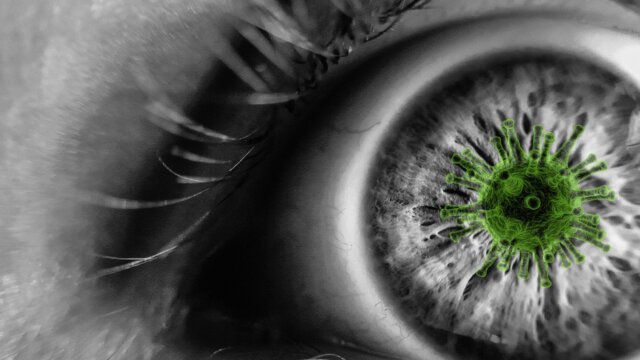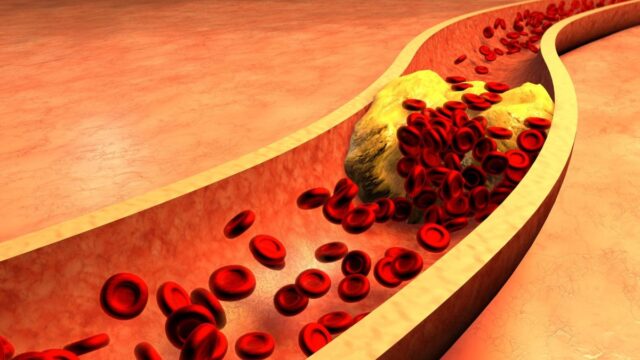FTC disclaimer: This post may contains affiliate links and we will be compensated if you click on a link and make a purchase.
The omega-3 essential fatty acid has many significant health benefits, such as helping to reduce high cholesterol levels, reducing the risk of heart disease, enhancing the body’s immune system, reducing inflammation, and supporting the body’s metabolic processes.
However, it can also help treat Attention Deficit Hyperactivity Disorder (ADHD).
Omega-3 Fish Oil Improve Brain Functioning
The connection between fish oil and ADHD is still being studied, but studies have shown that there can be improved brain functioning by supplementing the diet with Omega-3 supplements.
DHA, long-chain Omega-3 fatty acids, has shown beneficial mental health in both childhood and adulthood. Further, DHA assists and play an essential role in cell membrane function, fluidity, and neurotransmitter.
However, the low intake of Omega-3 fatty acids will give rise to many mental disorders such as ADHD (Attention Deficit Hyperactivity Disorder), Bipolar Disorder, Autism, and Depression.
Another study has shown that boys aged 8 to 14 have been given 650 mg of EPA/DPA. The result has stated that Omega-3 fatty acids supplement helps reduce the symptoms of ADHD.
Omega-3 Fish Oil improves concentration.
Omega-3 fatty acids such as DHA and EPA are highly concentrated on neuronal membranes and can affect brain function.
Research studies have discovered that children with ADHD have low levels of Omega 3. This has been proven to lower the concentration of certain brain chemicals related to attention and motivation.
Moreover, it is further demonstrated that regular intake of omega-3 fatty acids has a low risk of cognitive or mood dysfunction.
Omega-3 Fish Oil Increases Attention and Focus
In one study involving children given Omega 3 supplements, improvements were found in the children’s reading ability, spelling, and behavior.
In a similar study, children who were given supplements of Omega 3 were shown to have less physical aggression.
For those who suffer from the detrimental effects of ADHD, adding this important source of essential fatty acids to one’s diet can help increase attention span, the ability to focus and reduce the tendency towards hyperactivity.
It can be used to help treat ADHD in both children and adults.
Omega-3 Fish Oil Prevents other Mental Disorders
Studies suggest that ADHD and other similar conditions are more likely to occur when the body lacks certain essential fatty acids, including other mental-type disorders.
Positive outcomes have been studied with taking fish oil for depression, bipolar, and dysthymia.
These deficits can be corrected by supplementing the diet with additional Omega-3 fatty acids, reducing symptoms.
Omega-3 Fish Oil Food Sources for ADHD
If you are wary of giving your child supplements due to fear of overdosing, choose healthy foods high in Omega 3 instead.
Begin including in your child’s diet different types of fish such as;
- Mackerel
- Lake trout
- Herring
- Sardines
- Albacore tuna
- Wild-caught salmon.
Other foods to include are:
- Flaxseeds
- Walnuts
- Cauliflower, boiled
- Cabbage, shredded and boiled
- Romaine lettuce
- Broccoli, steamed
- Brussel sprouts, boiled
- Winter squash, baked
- Tofu, raw
- Collard greens, boiled
- Spinach, boiled
- Shrimp
- Strawberries
- Green beans
- Raspberries
You may have to be particularly creative with some of this food to include in your diet.
Experiment and see how many of these healthy foods you can include in your child’s diet each week to improve his brain health and reduce the symptoms of ADHD.
Omega-3 Fish Oil Supplements for ADHD
In studies with school-age children, when they were given supplements over three months, the result improved behavior, attention span, and the ability to do well in school.
Since it can be challenging to get enough Omega-3 each day through food alone, utilizing supplements is often the easiest way to maintain the proper ratio of this vital nutrient.
One of the advantages of using Omega-3 Fish Oil is that there are no side effects, as is often the case with prescription medications used to treat ADHD.
While taking fish oil for ADHD, a person will also be able to take advantage of the many other health benefits of fish oil at the same time.
Omega-3 Fish Oil Dosage for ADHD
For children from one to three years of age, the suggested dose is 0.7 grams.
Further, children four to eight years old should take 0.9 grams, and nine to 13-year-olds are advised to take 1.2 grams per day.
Moreover, healthy adults can typically get it by taking a fish oil dosage of 1,000 mg of soft gels per day.
Read the Directions
The dosage requirements can vary depending on the supplement brand. Read the directions on the package as the above suggestions are general recommendations.
Much depends on your overall health; therefore, check with your doctor to ensure that the dosage amount is adequate and doesn’t interfere with other medicines.
If you take prescription medications, the doctor can inform you of a recommended fish oil dosage specific to your particular health condition.
Dosing concerning Particular Conditions
As each health situation is different, dosage requirements can vary too.
For example, people suffering from angina are generally advised to take 2,000 mg. of the supplement three times per day.
On the other hand, people with rheumatoid arthritis are usually required to take two capsules twice a day, provided that at least 60% of the oil contains 600 mg. of EPA and DHA, the two beneficial fatty acids that make up Omega-3.
As you can see, requirements aren’t set in stone. That’s why it’s essential that you consult with your physician.
It will help you understand the right amount of fish oil for you and your children. Also, you can get the maximum fish oil benefits that the supplement has to offer.








